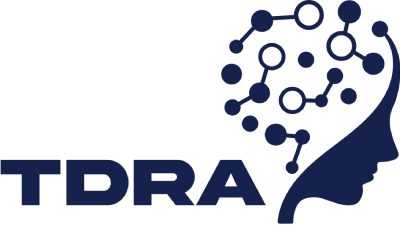Effect of Deep Transcranial Magnetic Stimulation (dTMS) on Cognition in Older Adults with Subjective Cognitive Decline (SCD)
Interventional Study
Get in touch about this studyWhat is the study about?
The purpose of this study is to examine the effect of cognitive training combined with a brain stimulation technique called Deep Transcranial Magnetic Stimulation (dTMS) on memory and mood in older adults with subjective cognitive decline (SCD), defined as memory concerns but normal performance on memory tests. To assess if this treatment is effective, study participants will complete a trial of dTMS treatment and a trial of “sham” or placebo treatment. The sham treatment will mimic the experience of using dTMS, but will involve minimal direct brain stimulation. Both dTMS and sham treatments will be combined with the same cognitive training component. The study will assess memory and mood outcomes and changes in brainwaves using electroencephalography (EEG). This study may help patients in the future by giving important information about non-drug treatments for memory problems.
Eligibility- Who can participate?
Participants must:
- Be 55-85 years of age
- Have subjective memory decline or concerns about memory changes
- Have a family history of Alzheimer’s disease
Time requirement
The study duration is approximately 19 weeks. This includes 2-3 visits for screening/baseline assessments followed by daily visits to Baycrest for dTMS or sham treatment x 4 weeks, followed by a 4-week break, then 4 weeks of sham or dTMS (depending on what was received first). Memory will be tested after each 4-week treatment and one month after the end of the final treatment.
TDRA study investigator
Dr. Linda Mah
More information
TDRA Site:
Baycrest,
Address: 3560 Bathurst St, North York, ON M6A 2E1
Age Group:
55 - 59, 60 - 64, 65 - 69, 70 - 80, 81 - 85
Target Population:
Family history of Alzheimer's disease, Subjective cognitive decline
